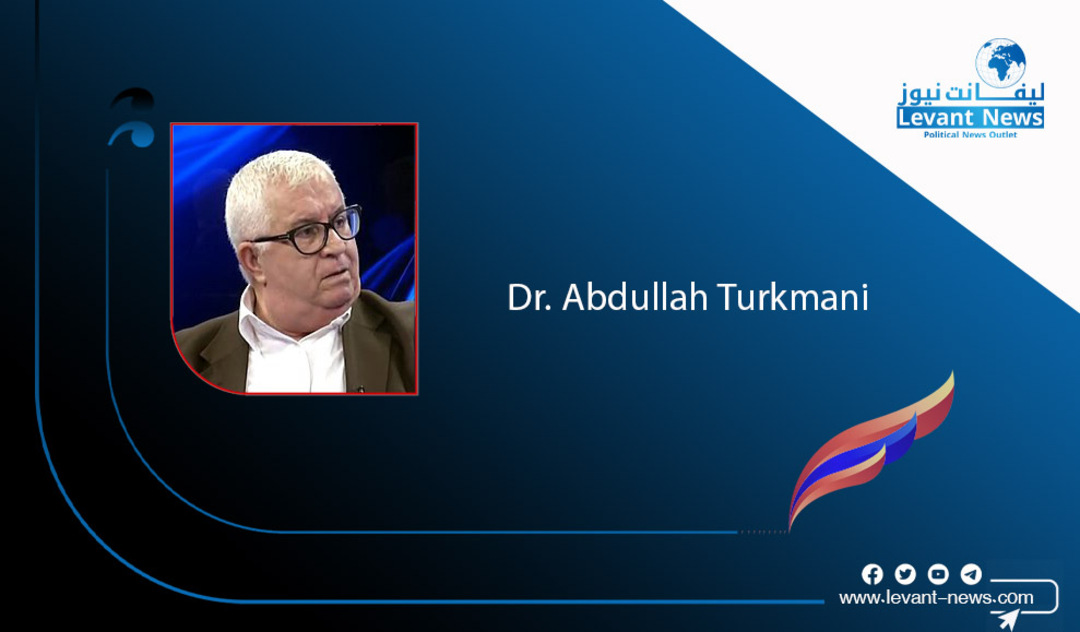-
The Determinants of the Historical Reconciliation between Secularists and Islamists in a New Syria

The issue of reconciliation raises a series of questions: Is there a necessity for some form of relationship between religion and the state? If the answer is yes, what form should it take? What are its manifestations, determinants, boundaries, and positives and negatives? What kind of authority would emerge in the event of Islamist dominance, and what kind of state would that entail? To what extent are they capable and willing to respect the international charter on human rights? And what do secularists aim for regarding the nature of the Syrian state, citizenship, and governance?
The major challenge facing supporters of Syrian jihadist Salafism lies in their stance on equality among citizens, regardless of other considerations such as religion, sect, or ethnicity. This equality requires their Islamic reference to serve as a progressive, inclusive framework that embraces all forms of political and religious diversity within a united Syrian national identity. The challenges and questions are numerous and revolve around concepts such as civil statehood, democratic governance, notions of citizenship, and the system of rights and freedoms for all without discrimination.
Conversely, the most significant challenge for Syrian secularists is acknowledging that the Islamic condition in Syria is an integral part of the social, cultural, and political fabric; ignoring its presence or threatening it, as some do, is a mistake. Treating Islamists solely as rigid religious or ideological currents, without recognizing them as social movements and political forces that influence and are influenced by their surrounding environment, deprives us of the possibility of seeking consensus to build a new Syria based on the rule of law and justice.
Secularists should avoid encouraging ideological polarization and societal division. Instead, they must focus on tools of political action—developing political, economic, social, and cultural programs.
To maximize the chances of a meaningful reconciliation, the Syrian Islamist movement must abandon ambiguity regarding: equal citizen rights, pluralism, peaceful power transfer, the concept of a religious state, and the use of violence against differing opinions. The core issue is whether it is possible to propose a notion of citizenship grounded in reconciliation between a believing society and a non-religious state. Can we construct a form of “secularism” based on the “neutrality of the state” away from ideologies and religions, but with a rational, critical framework that fosters an environment of critique, freedom of belief, thought, and expression for all?
In this context, it must be acknowledged that Syria encompasses a religious, sectarian, and ethnic diversity that presents a luminous civil model of coexistence and interaction. The relationship between the homeland and its components can be one of harmony and complementarity when clear boundaries are maintained between shared and private spaces. However, conflicts may arise when components seek to expand their private domains at the expense of shared spaces or when transitional leadership attempts to enlarge the common space at the expense of cultural particularities.
Secularists must also refrain from fostering ideological polarization and social division, focusing instead on the means of political action—formulating political, economic, social, and cultural programs—based on the understanding that the state’s primary role is political, with interests aligned with those of the Syrian people, and its relations with society being contractual.
For the chances of success to be real, efforts must be unified towards building a society based on freedom, dignity, and the rule of law. This entails the state maintaining neutrality among Syrian components within the framework of “citizenship,” and remaining impartial regarding religions and ideologies.
Rebuilding the rule of law and the state of rights cannot be achieved under leaderships engaged in uncontrolled rivalry, which could descend into chaos—this applies equally to some secularists and Islamists. Mutual recognition of each group’s right to offer different interpretations of issues and problems is essential because their existence is necessary to create an open space of freedom and to build a state of law and rights.
Within this context, two possibilities are emerging: one, a historic reconciliation between political and societal factions—particularly between secularists and Islamists—that allows for a peaceful transition toward a modern nation-state, accepted by all as a matter of our collective choice; and two, the opposite possibility, which entails descent into conflict and chaos. These two scenarios are historic alternatives for the current Syrian reality—one offers opportunity, while the other threatens catastrophe. To realize the chance for a positive outcome, efforts must be unified to build a society rooted in freedom, dignity, and the rule of law.
Dr. Abdullah Tirkmani
You May Also Like
Popular Posts
Caricature
opinion
Report
ads
Newsletter
Subscribe to our mailing list to get the new updates!




















